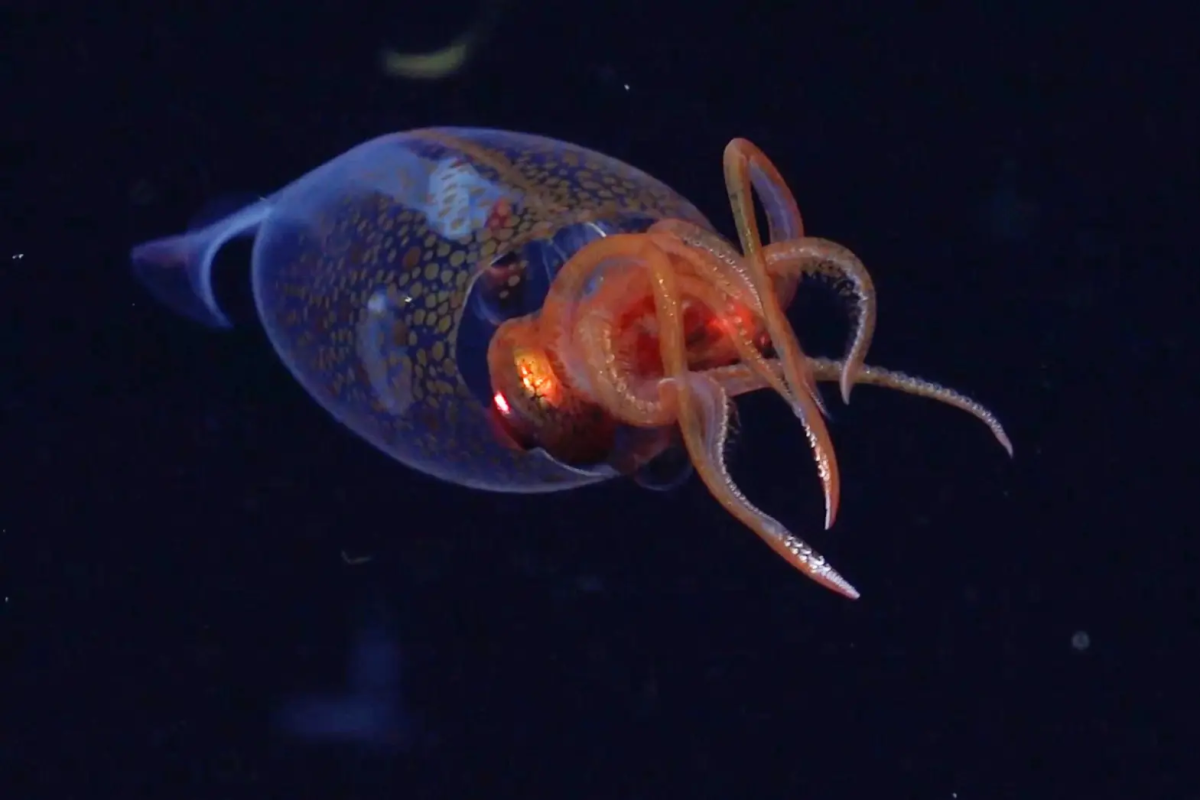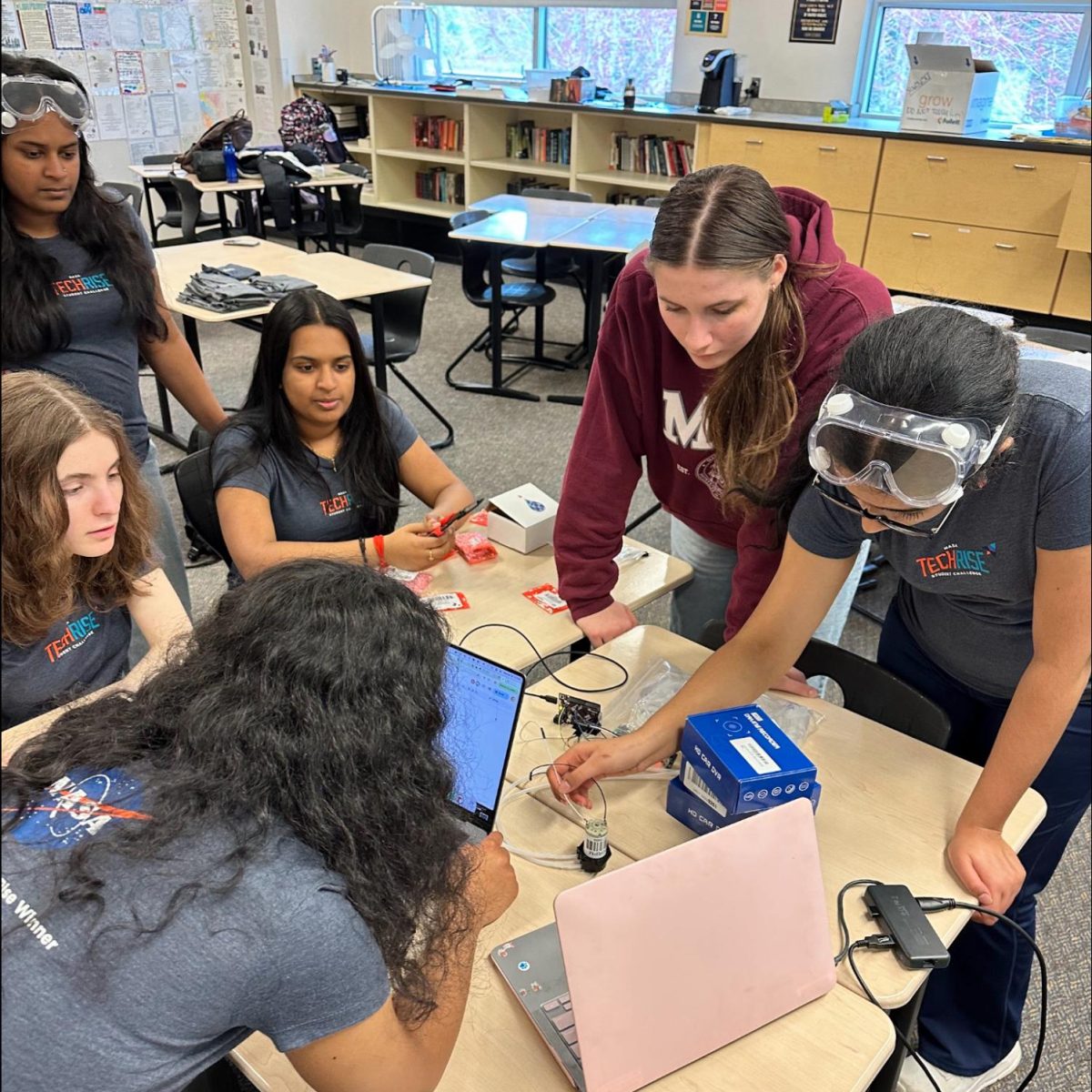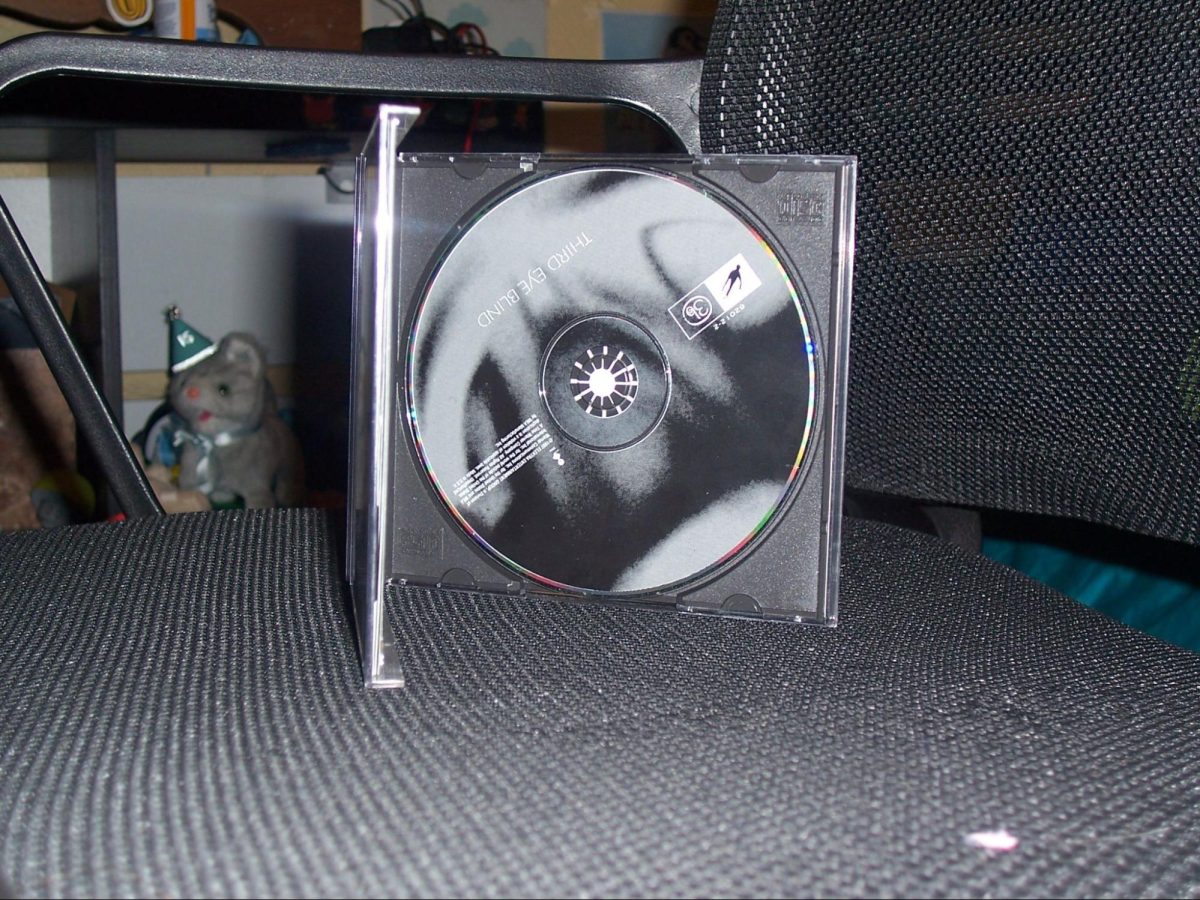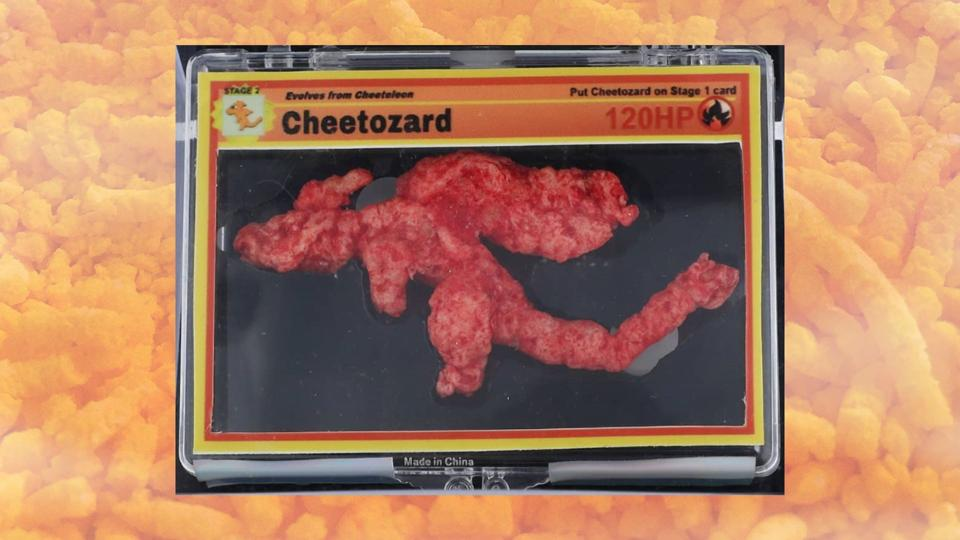Throughout the years, Bothell’s Science Olympiad team has been recognized as a distinguished community of hardworking students. But what does it take to be on the Science Olympiad team? Trisha Pokkuluri (25′) and Derek Sabale (25′) allowed us to see the effort needed to be on the Varsity team.
In short, Science Olympiad is a competition of different stem-based events, some involving building and others with testing. Pokkuluri competes in Disease Detectives, while Sabale competes in multiple build events. Students meet regularly to build and test their knowledge, with high placers making it onto further competitions.
At Bothell, the most competitive and skilled members study with Mrs. Guard, the advisor, for hours. “Some people are in Ms. Guard’s room from 6 am to 6 pm every night. It is definitely a commitment,” Pokkuluri tells me. Sabale says that he spends around “2 hours” every day. Even so, Pokkuluri tells me that other STEM-based schools put a much larger emphasis on Science Olympiad than Bothell does. She claims that Bothell’s team is much smaller than other schools, which shows how much commitment is required to place at events.
However small our school’s team is, they continue to place. Pokkuluri tells me that it’s due to their “work [on] our events, and the fact that we have a good coach, and our resources are good.” This checks out, as according to their website, the team has qualified for nationals more than five times.
Whether you love science or want to be an engineer, Science Olympiad is a rigorous but rewarding environment filled with like-minded people. Our sources warn of the dangers of individualistic mindsets but also encourage members to apply for learning experiences and fun social experiences.








